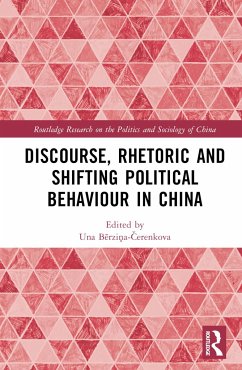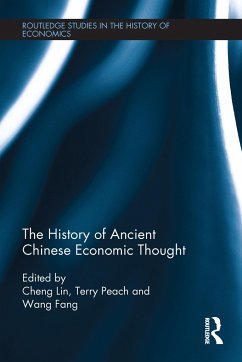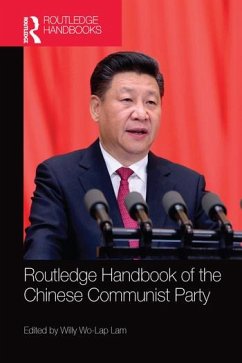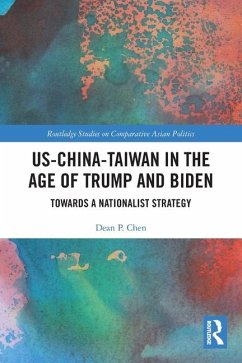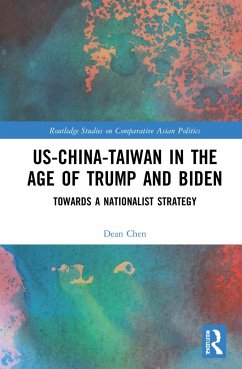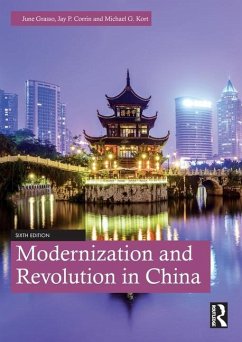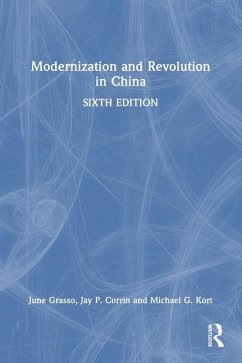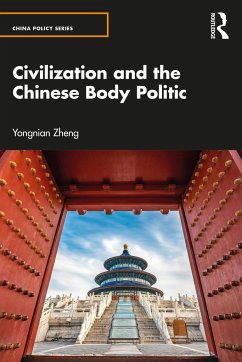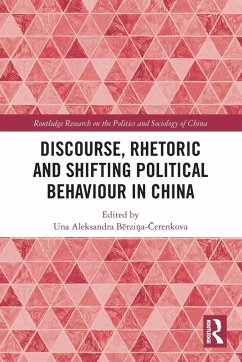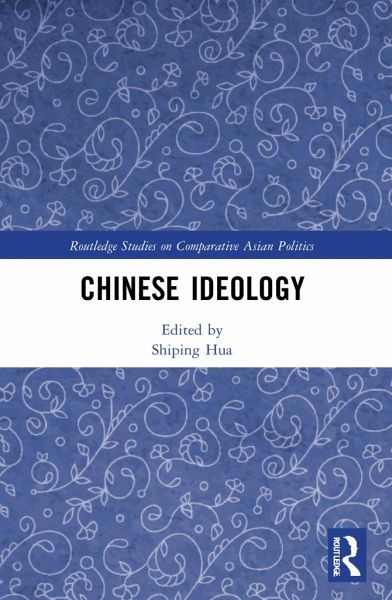
Chinese Ideology

PAYBACK Punkte
23 °P sammeln!
This book traces ideological trends in China through a range of historical and comparative perspectives, spanning the ancient belief systems of Confucianism, Legalism, and Taoism to political ideologies of the present day.Chapters in this edited volume are divided into four parts: traditional Chinese ideology, ideology of the Republic, Maoism as an ideology and post Mao ideology, zoning in on specific historical periods from the Qing and Republic periods to the reform era, as well as the period after the founding of the PRC - through which Mao Zedong's political thought is notably discussed fr...
This book traces ideological trends in China through a range of historical and comparative perspectives, spanning the ancient belief systems of Confucianism, Legalism, and Taoism to political ideologies of the present day.
Chapters in this edited volume are divided into four parts: traditional Chinese ideology, ideology of the Republic, Maoism as an ideology and post Mao ideology, zoning in on specific historical periods from the Qing and Republic periods to the reform era, as well as the period after the founding of the PRC - through which Mao Zedong's political thought is notably discussed from the perspective of epistemology and the global impact of Maoism. Key topics include Sun Yat-sen as the Father of the Republic, Li Dazhao, the early Marxist theoretician, Chiang Kai-shek and his nationalist Fascism, Liang Qichao's emotional appeals through liberal political discourse, Jiang Zemin's theory of 'Three Represents' de-emphasising the Marxist concept of class, Hu Jintao's theory of 'Harmonious Society' and Xi Jinping's political thought. Contributions from world-leading scholars take both comparative and critical approaches, examining not only how studies of ideology are relevant, but how Chinese ideologies have retained their own characteristics distinct to the West.
As the first comprehensive study of this subject in the English language, Chinese Ideology will appeal to students and scholars of philosophy, political science, history, and Asian studies more broadly.
Chapters in this edited volume are divided into four parts: traditional Chinese ideology, ideology of the Republic, Maoism as an ideology and post Mao ideology, zoning in on specific historical periods from the Qing and Republic periods to the reform era, as well as the period after the founding of the PRC - through which Mao Zedong's political thought is notably discussed from the perspective of epistemology and the global impact of Maoism. Key topics include Sun Yat-sen as the Father of the Republic, Li Dazhao, the early Marxist theoretician, Chiang Kai-shek and his nationalist Fascism, Liang Qichao's emotional appeals through liberal political discourse, Jiang Zemin's theory of 'Three Represents' de-emphasising the Marxist concept of class, Hu Jintao's theory of 'Harmonious Society' and Xi Jinping's political thought. Contributions from world-leading scholars take both comparative and critical approaches, examining not only how studies of ideology are relevant, but how Chinese ideologies have retained their own characteristics distinct to the West.
As the first comprehensive study of this subject in the English language, Chinese Ideology will appeal to students and scholars of philosophy, political science, history, and Asian studies more broadly.





